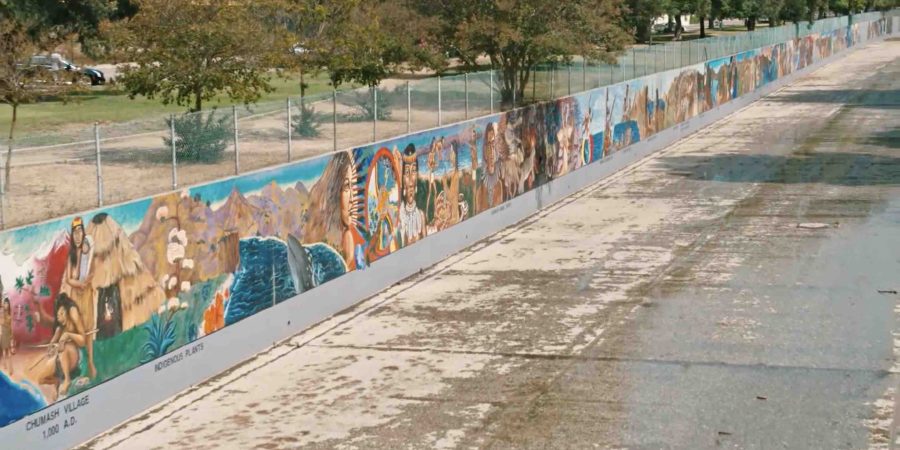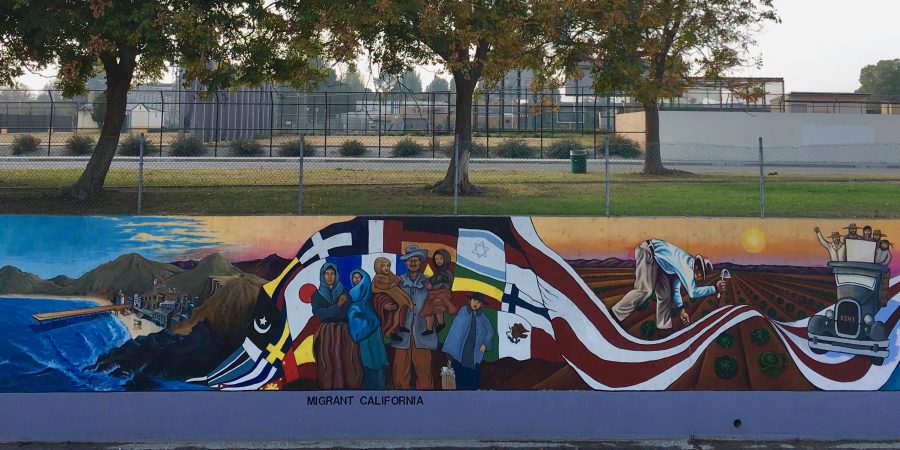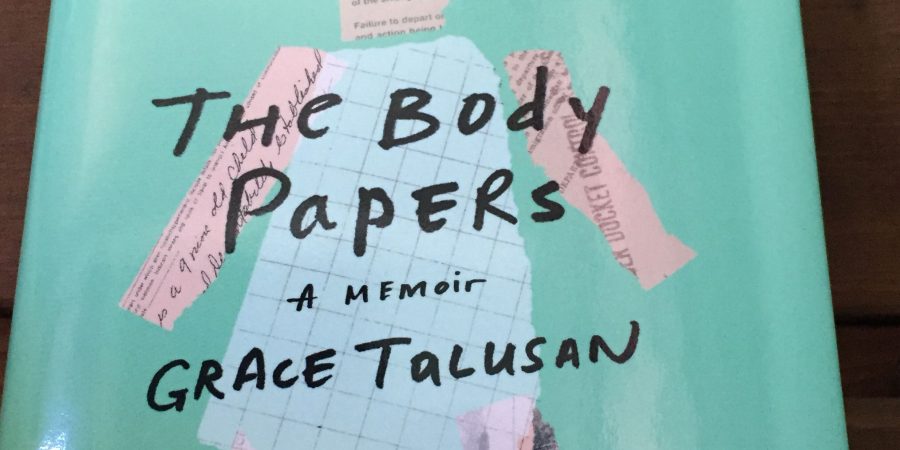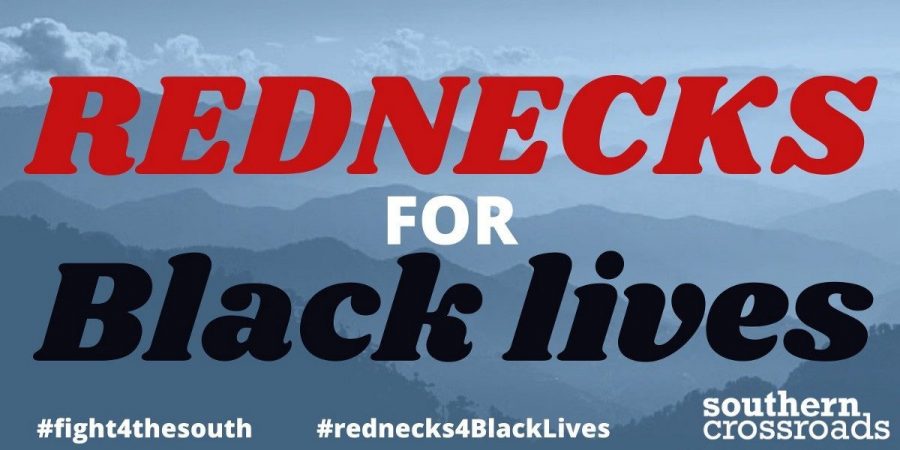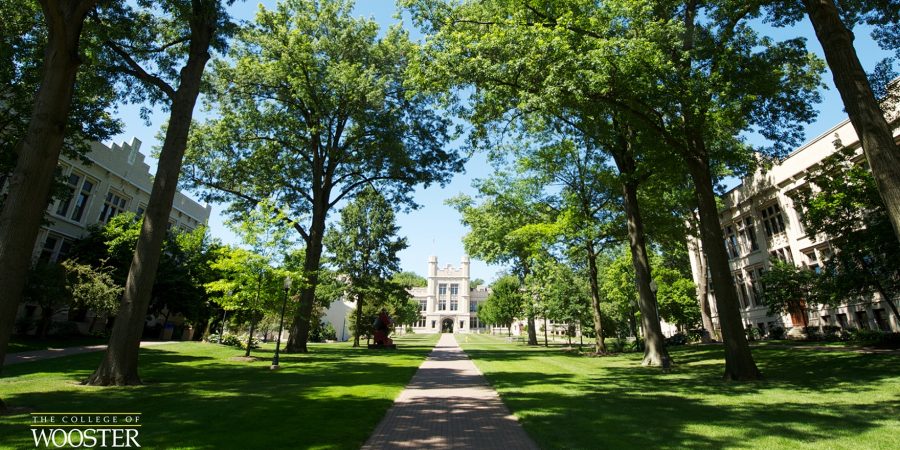Response Paper 5
Nativism is the name given to an exclusionary discourse directed against immigrants. It promotes the interests of the native born as defined by a select group of native-born persons that self-identify as concerned citizens or as patriots. Nativism, populism, and racism have long, intersecting ... » Learn More about Response Paper 5
The Body Papers
"Intersectionality is an analytic sensibility, a way of thinking about identity and its relationship to power." (Kimberlé Crenshaw, "Why Intersectionality Can't Wait," in "Kimberlé Crenshaw" 111). "Intersectionality has given many advocates a way to frame their circumstances ... » Learn More about The Body Papers
Response Paper 3
Instructions: Review the passage below from "Othering: Cultural Diversity and Symbolic Boundaries." Afterwards, watch this video and describe the act of othering that one of the speakers relates, which fits (to a tee!) the framework of othering given in the quoted passage and in the article more ... » Learn More about Response Paper 3
Response Paper 2: The liberal arts and you
In September 2024, you will be a graduate of the College of Wooster. Describe yourself in four years -- academically, personally, socially, professionally. Once you have graduated, the liberal arts tradition will become a permanent part of who you are. How do you imagine you will talk about your ... » Learn More about Response Paper 2: The liberal arts and you
